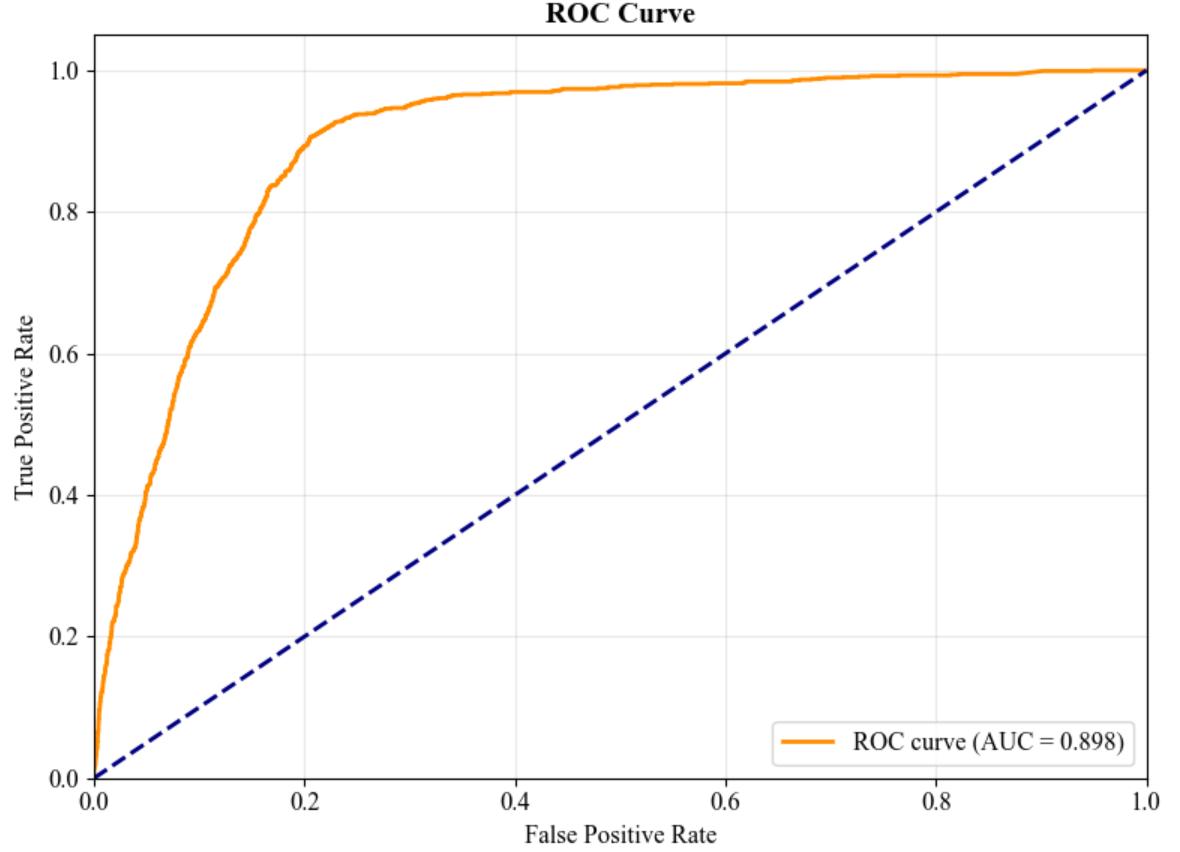ABOUT ME
Hi, I’m Melissa!
This is a space where I keep and share the projects I create on my free time. I love exploring data, uncovering patterns, and turning insights into stories that make sense of complex problems.
Here, you’ll see my background, the work I’ve done, the ideas I’m exploring, and a bit of my curiosity in action.
Feel free to look around and see what I’m up to!

INTERESTS

Data-Driven Storytelling
I enjoy taking complex datasets and turning them into clear, creative visuals that make insights easy to understand and act on. For me, data science is just as much about communicating stories from data as it is about analyzing it.

Geospatial Analysis
Geospatial datasets are some of my favorite to analyze. Their high dimensionality makes problems complex, while the visualizations they enable are both eye-catching and meaningful.

Machine Learning Algorithms and Exploration
My projects focus on applying machine learning techniques to uncover hidden patterns in large datasets. Exploring different approaches keeps the work engaging and constantly helps me learn.

Sustainability Through Data
I use data science as a tool to explore opportunities for positive change. When applied thoughtfully, data can make a meaningful difference across multiple issues and domains.
RESUME
Education
Master of Science in Data Science
Concentration in Cognitive & Prescriptive Analytics
Lewis University
Bachelor of Science in Biology
Washington State University
Skills
Programming Languages: SQL, Python, M Code, DAX, RDL
Data Management: Microsoft SQL Server, Snowflake, Power BI, SQL Server Reporting Services (SSRS), Git
Certificates
Certificate in SQL Server Development
University of Washington
Employment
Data Scientist/Analyst
Hanford Tank Waste Operations and Closure, Richland, WA
- Enhanced and optimized existing Python scripts to streamline workflows and improve overall processing efficiency.
- Developed interactive and static visualizations from complex timeseries datasets.
- Assessed the current data environment and recommended improvements to ensure data quality, reliability, and scalability for analysis.
Supply Chain Data Analyst
Lamb Weston, Kennewick, WA
- Designed and automated reporting systems to improve process efficiencies and generate actionable business insights.
- Supported business partners by developing dashboards to detect patterns in supply chain data.
- Analyzed complex datasets, ensuring data quality for accurate reporting and predictive modeling.
Lab Coordinator
Agrinorthwest, Plymouth, WA
- Authored Standard Operating Procedures (SOPs) for lab processes and instrumentation, ensuring compliance with quality standards.
- Generated soil, petiole, and bruise analysis reports using LIMS, Report Builder, and Excel to aid in crop field preparation.
- Oversaw lab instrumentation (Agilent 55B AA Spectrometer, FIA, ICP OES), performed data cleaning, and supervised technical staff.
Lab Specialist
Framatome, Richland, WA
- Collaborated on the development of LabX collection software, streamlining data processing and analysis for radioactive samples.
- Conducted data quality assessments and analyzed QA/QC samples for radioactive materials, prioritizing regulatory compliance.
Research
Research Assistant
Joanna Kelley's Genomic Response to Physiological Stressors Lab
Washington State University, Pullman, WA
- Performed genome-wide comparisons using high-performance computing, focusing on data quality and analysis with OrthoFinder and CODEML.
- Coordinated daily lab maintenance and data documentation in line with IACUC standards.
PROJECTS
Network Role Discovery and Node Importance
This project aims to analyze the Bitcoin OTC trust network to distinguish key players and potentially risky users through the discovery of node roles and their relative importance.
Relative Elevation Model Visualization of the Columbia, Yakima, and Snake Rivers
This project creates a relative elevation model (REM) of the Columbia, Yakima, and Snake river conjunction in the Tri-Cities
Wildfire Risk Assessment: Predicting West Coast Wildfire Size and Severity
This project aims to analyze historical wildfire, weather, and population data to predict potential fire size and severity using key environmental and demographic factors.

